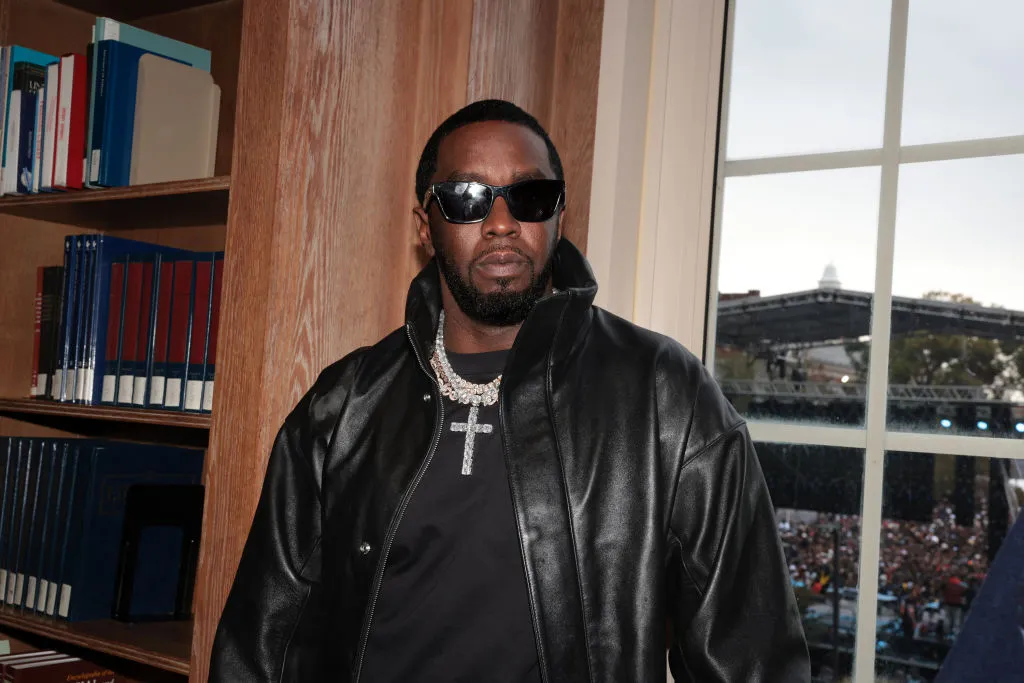In a recent appearance on The Inner Court, renowned music producer Timbaland shared his candid views on the current state of the music industry, expressing profound disappointment with much of today’s musical output. According to the celebrated producer, today’s music scene has lost its spark, leaving behind a sound that he describes as “bland” and “uninspired.” In an eye-opening statement, he boldly declared that, amidst the ongoing debates around artificial intelligence (AI) in music creation, AI is the most authentic and soulful creative tool currently available.
Timbaland’s Critique of Today’s Music Industry
Timbaland’s remarks were part of a wider conversation on The Inner Court, where he delved deep into his frustrations with the music industry’s current direction. “This election has caused a rift among us. The sound is bland, it lacks excitement,” he said, referencing how political and social discord has impacted artistic expression. He went on to explain that, despite frequent discussions about AI’s role in the creative process, he believes AI is the only entity that truly embodies a “genuine soul” in today’s music industry.
For Timbaland, AI’s ability to express raw, unfiltered emotion is what makes it stand out in an otherwise chaotic and fragmented industry. “It allows for the expression of true feelings, resulting in art that resonates beautifully,” he added. He went on to lament the absence of contemporary artists whose music genuinely moves him, criticizing the prevailing trend of “bland” and “boring” tracks that dominate the charts today.
AI in Music: The New Creative Frontier
Timbaland’s endorsement of AI as the most “authentic” creative tool is striking, especially in light of the increasing use of AI in music production. As the industry continues to experiment with AI-driven music creation, Timbaland’s comments highlight a growing sentiment among some industry veterans who view AI as a means of revitalizing a music scene that many feel has grown stale.
The notion that AI might possess a “soul” challenges traditional perceptions of music creation, where human emotion and lived experiences are considered essential to crafting memorable art. Timbaland’s comments add a provocative layer to the conversation, suggesting that AI may offer something unique that contemporary human artists can no longer replicate.
Timbaland Reflects on Sobriety, Iconic Albums, and Creative Struggles
In addition to his critique of the current music scene, Timbaland also opened up about his personal journey on The Pivot Podcast. Reflecting on his past struggles with substance abuse, the legendary producer shared how his battle with addiction impacted his work on iconic albums such as JAY-Z’s Magna Carta Holy Grail, Beyoncé’s Drunk in Love, and Justin Timberlake’s The 20/20 Experience.
While he acknowledged the success of these collaborations, Timbaland was clear that his most significant accomplishments came after he overcame his addiction. “Creating was exhilarating during that time,” he admitted, but added, “my most significant achievements occurred when I was sober. That’s simply the truth.”
Timbaland went on to compare his earlier work with the more recent collaborations, emphasizing that his most standout tracks were produced during his sober years. “I reflect on it now, and while those albums were enjoyable, they don’t shine like my monumental hits such as ‘Big Pimpin,’ ‘Dirt Off Ya Shoulder,’ and ‘One In a Million.’ Those were produced during my drug-free days,” he remarked. For him, the music created in his sober state carries a different weight, something he feels is lacking in much of the music today.
The Legacy of Timbaland: Pushing Boundaries in the Music Industry
Timbaland’s insights into the state of the music industry are a reminder of his legendary status and his unique ability to push creative boundaries. From his pioneering production on Missy Elliott’s albums to his collaborations with major artists across genres, Timbaland has been a central figure in shaping modern music.
However, his recent comments signal that he feels the industry has lost its way. With his assertion that AI could be the key to reclaiming authenticity in music, Timbaland is challenging the status quo and sparking an essential conversation about the future of music creation. As AI continues to make its mark, only time will tell whether it can truly offer the soul and emotion that Timbaland believes it is capable of producing.
Conclusion: A Call for Change in the Music Industry
Timbaland’s critique of the music industry and his bold endorsement of AI as the future of soulful music production will undoubtedly ignite further discussions within the industry. His candid reflections on his career and struggles with addiction remind us of the complexity and challenges that artists face, both personally and professionally. In a world where music is often shaped by trends, technology, and external pressures, Timbaland’s comments serve as a call for change, urging the industry to find its way back to authenticity and emotional depth.
Whether or not AI can live up to Timbaland’s expectations remains to be seen, but his remarks certainly add a provocative new layer to the ongoing conversation about the intersection of technology, creativity, and music in the modern age.








